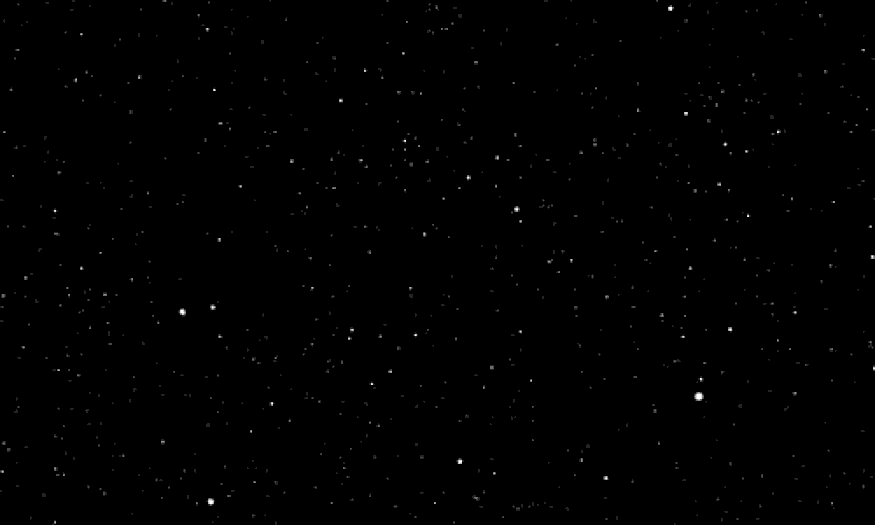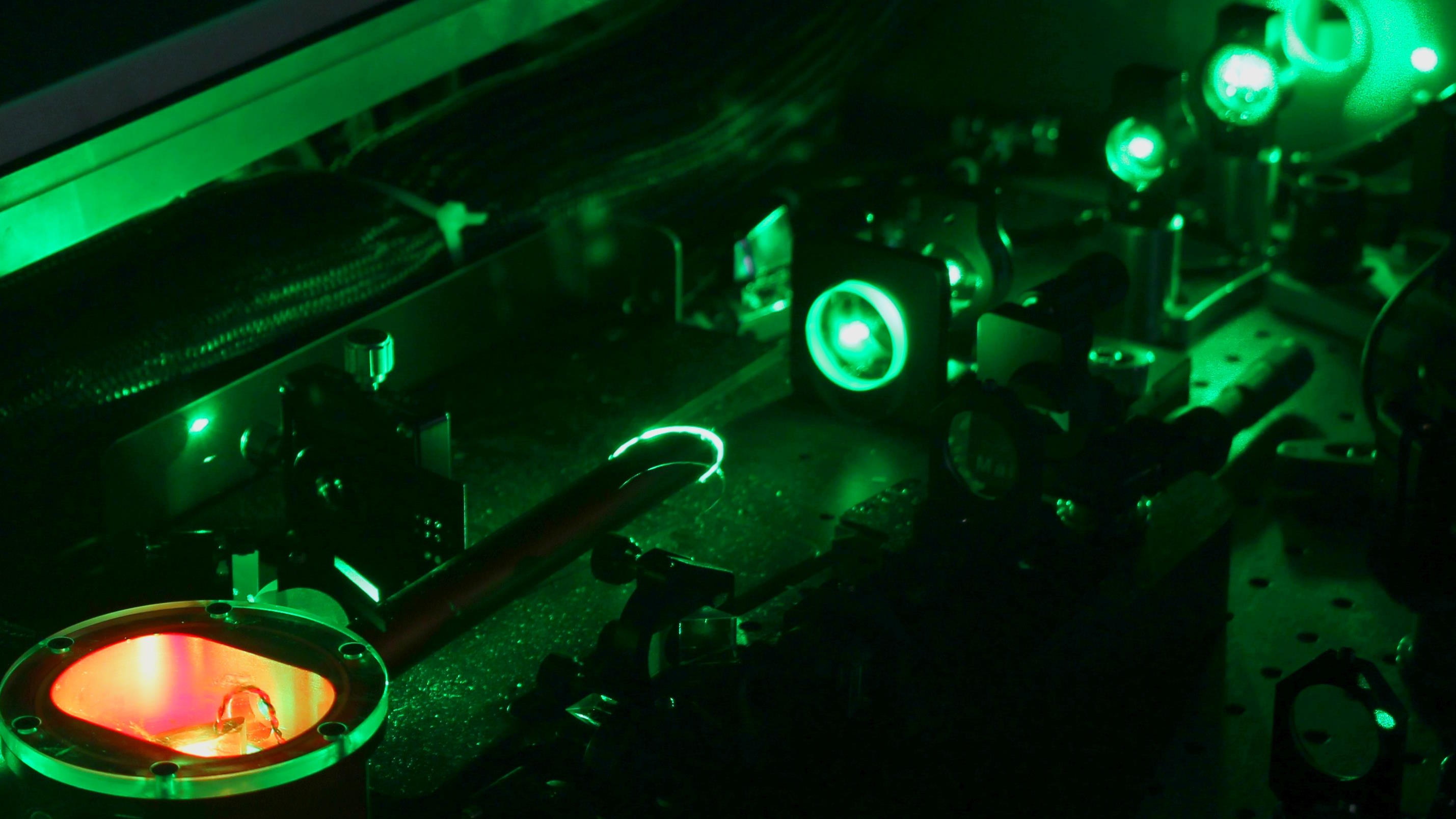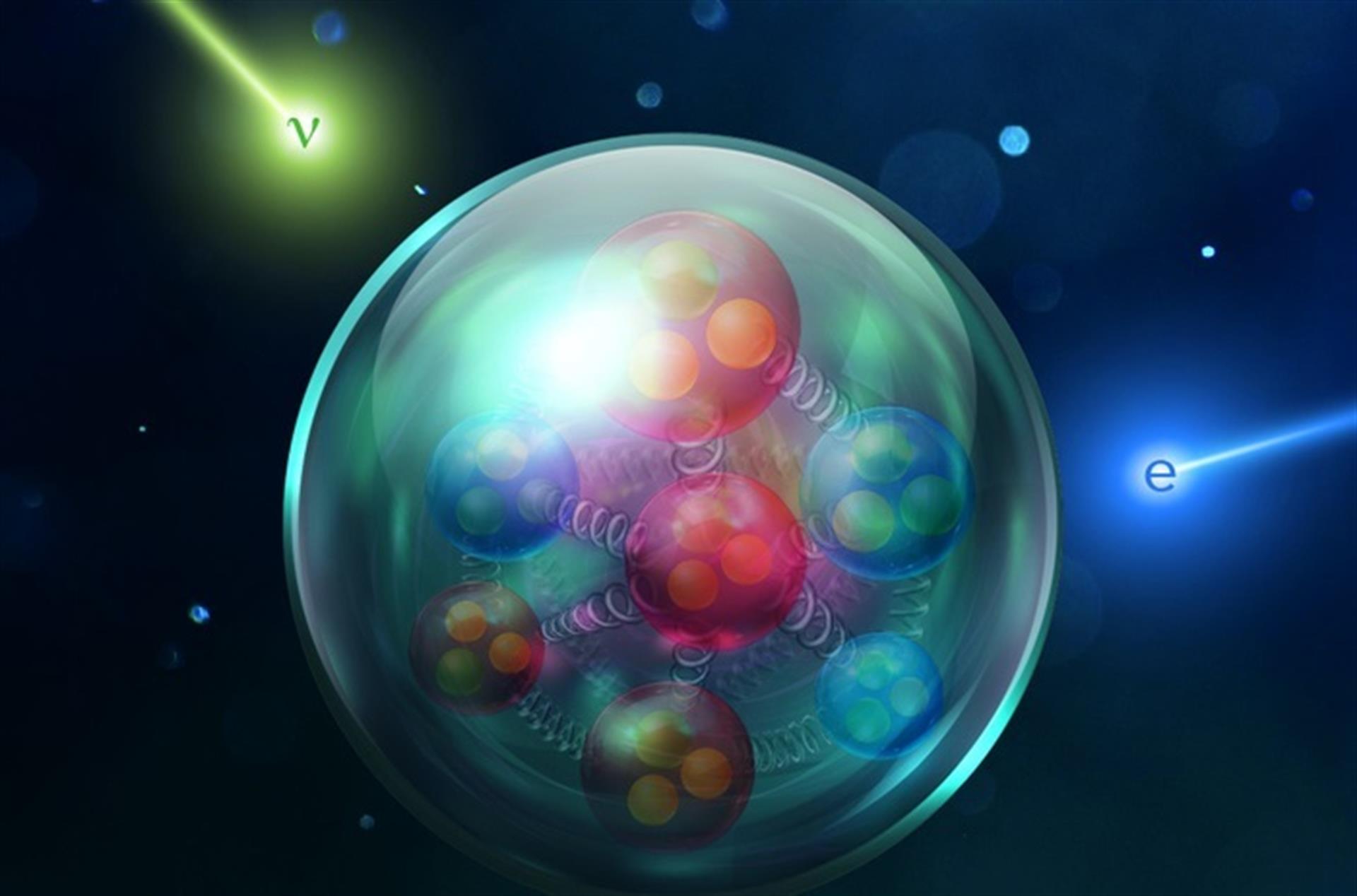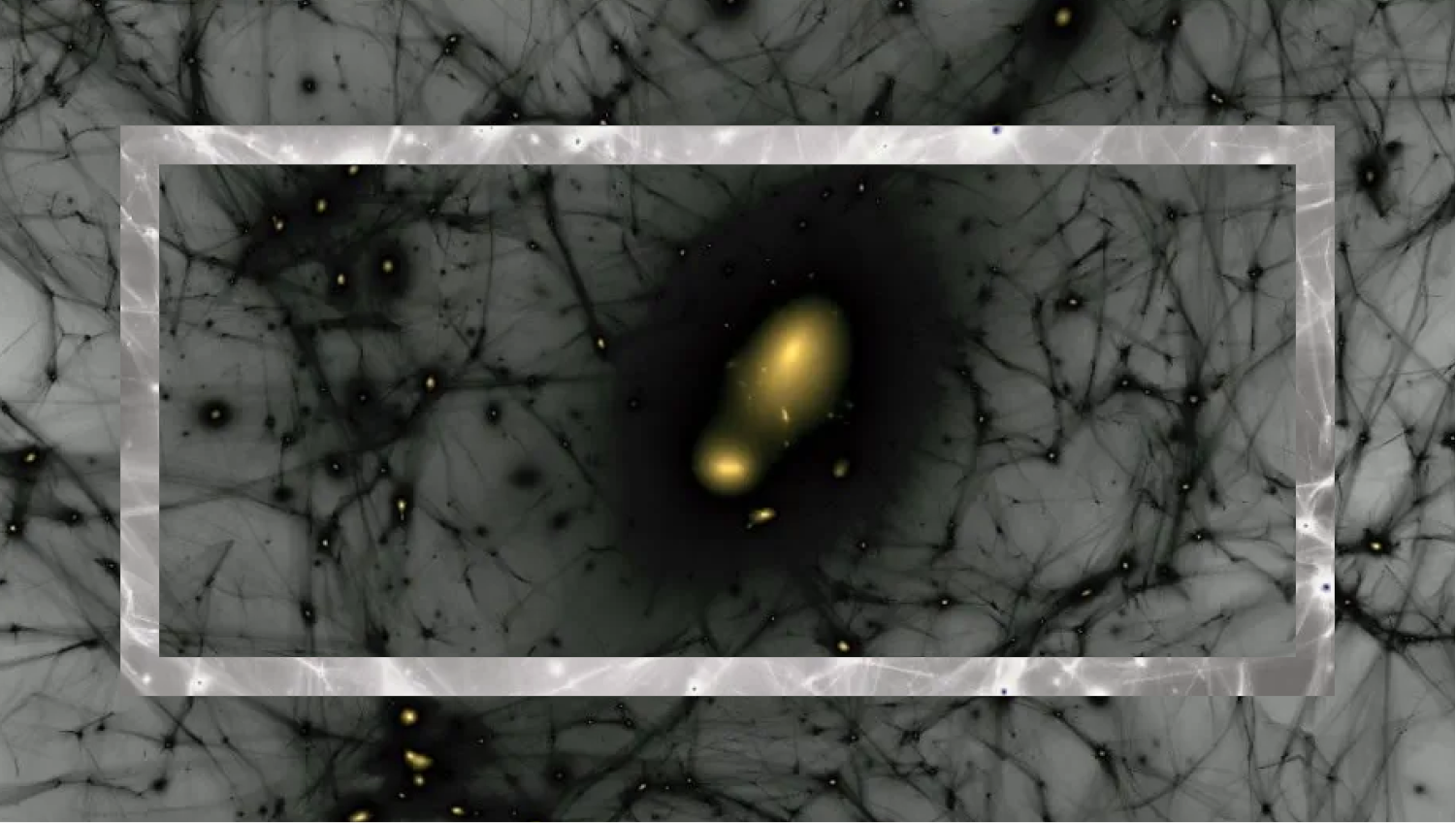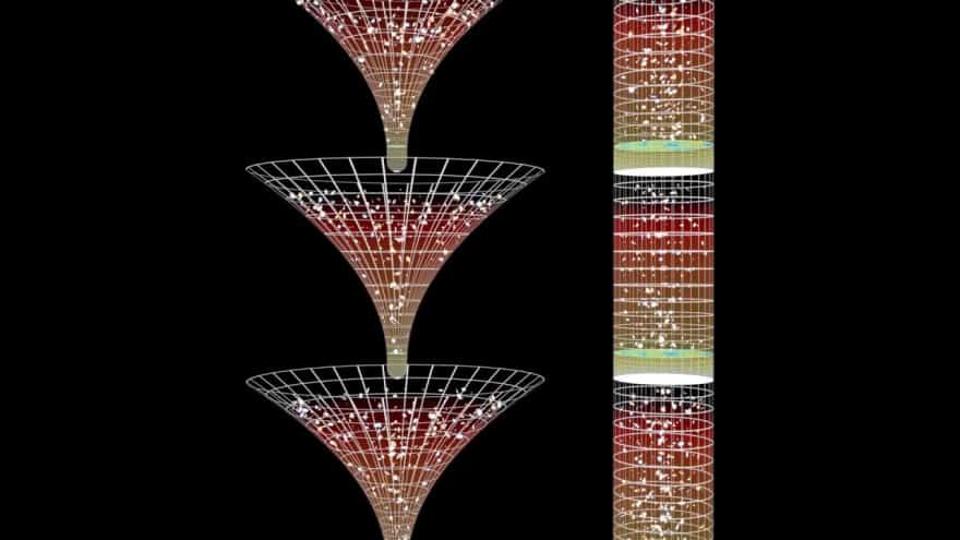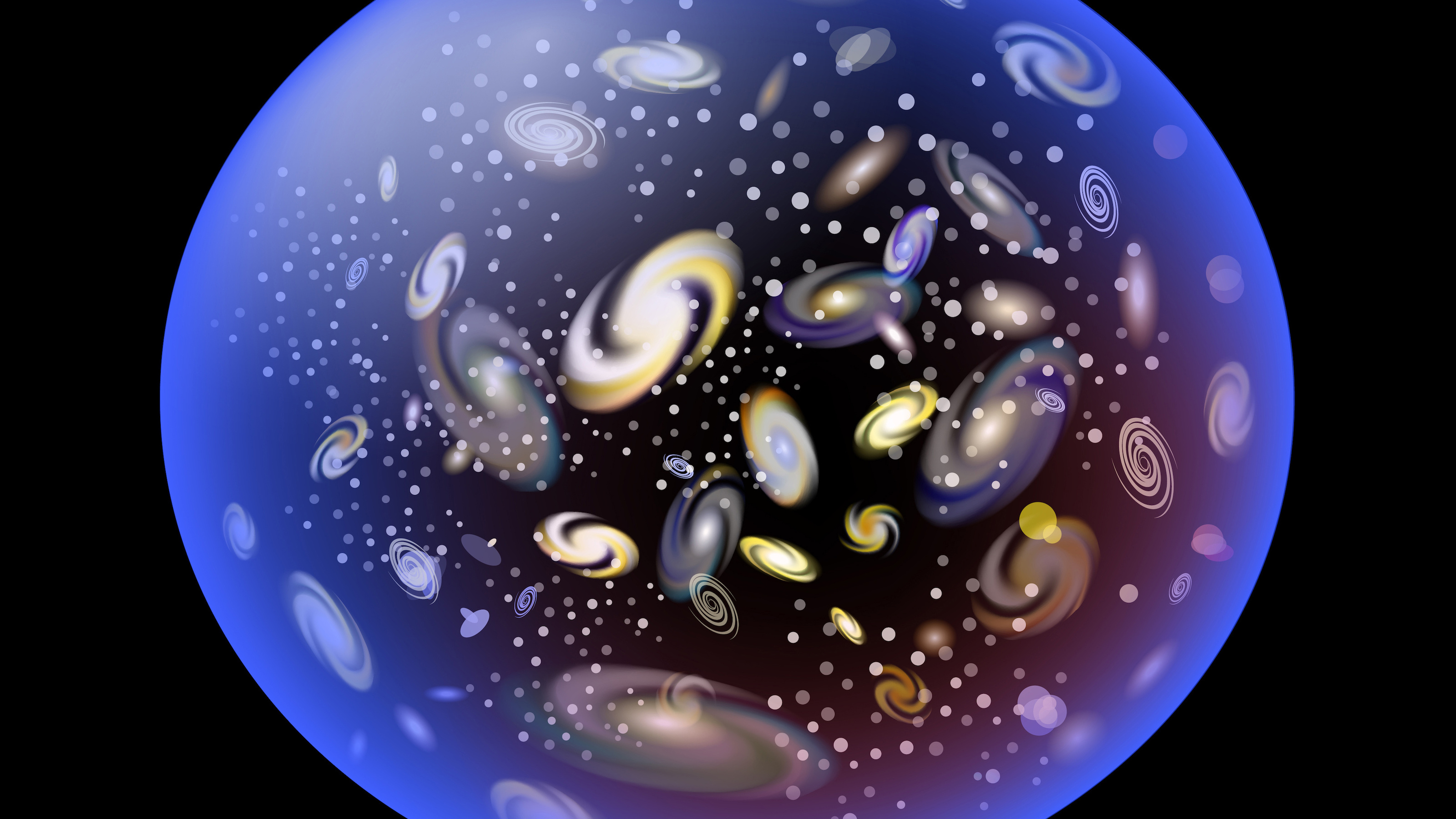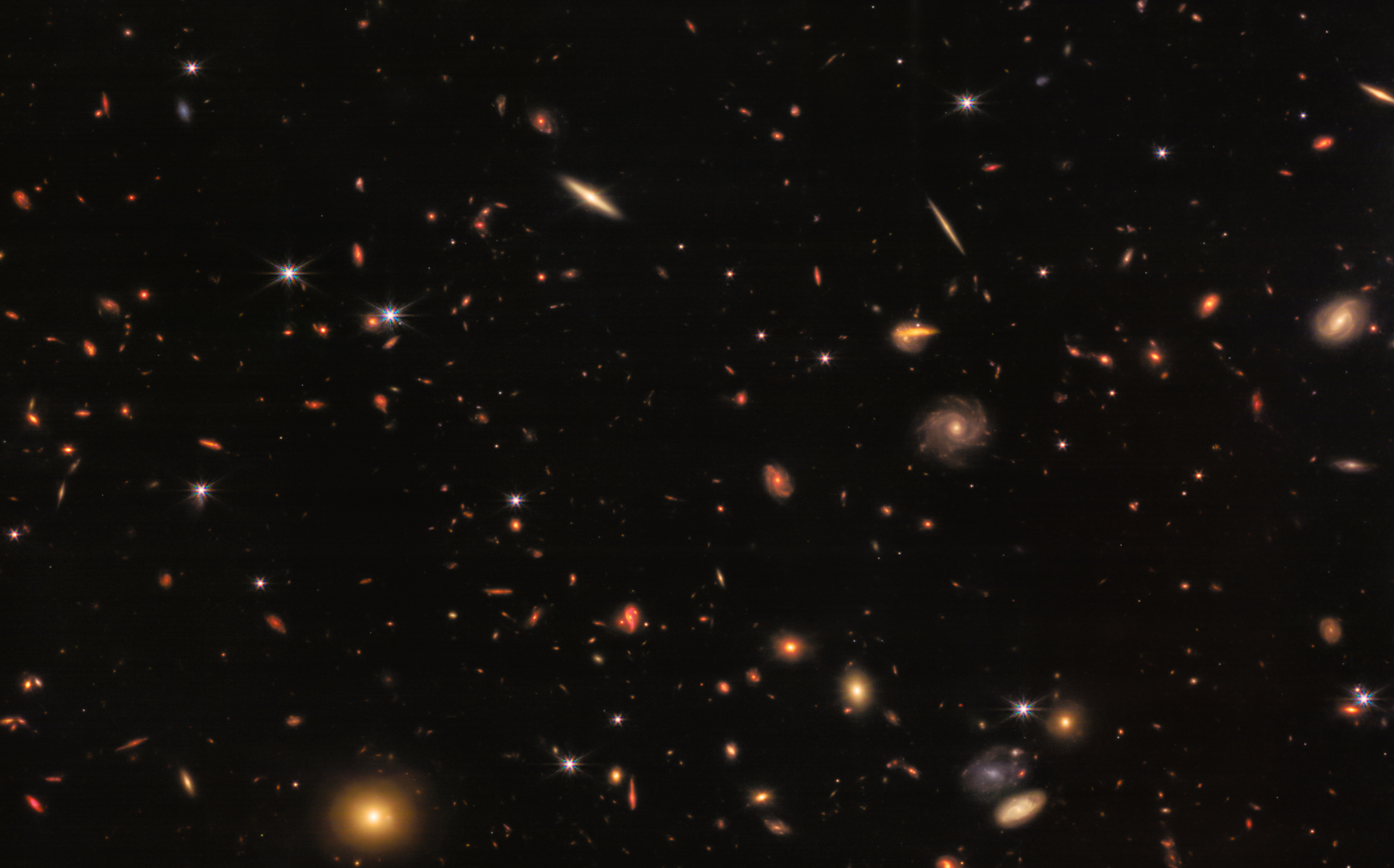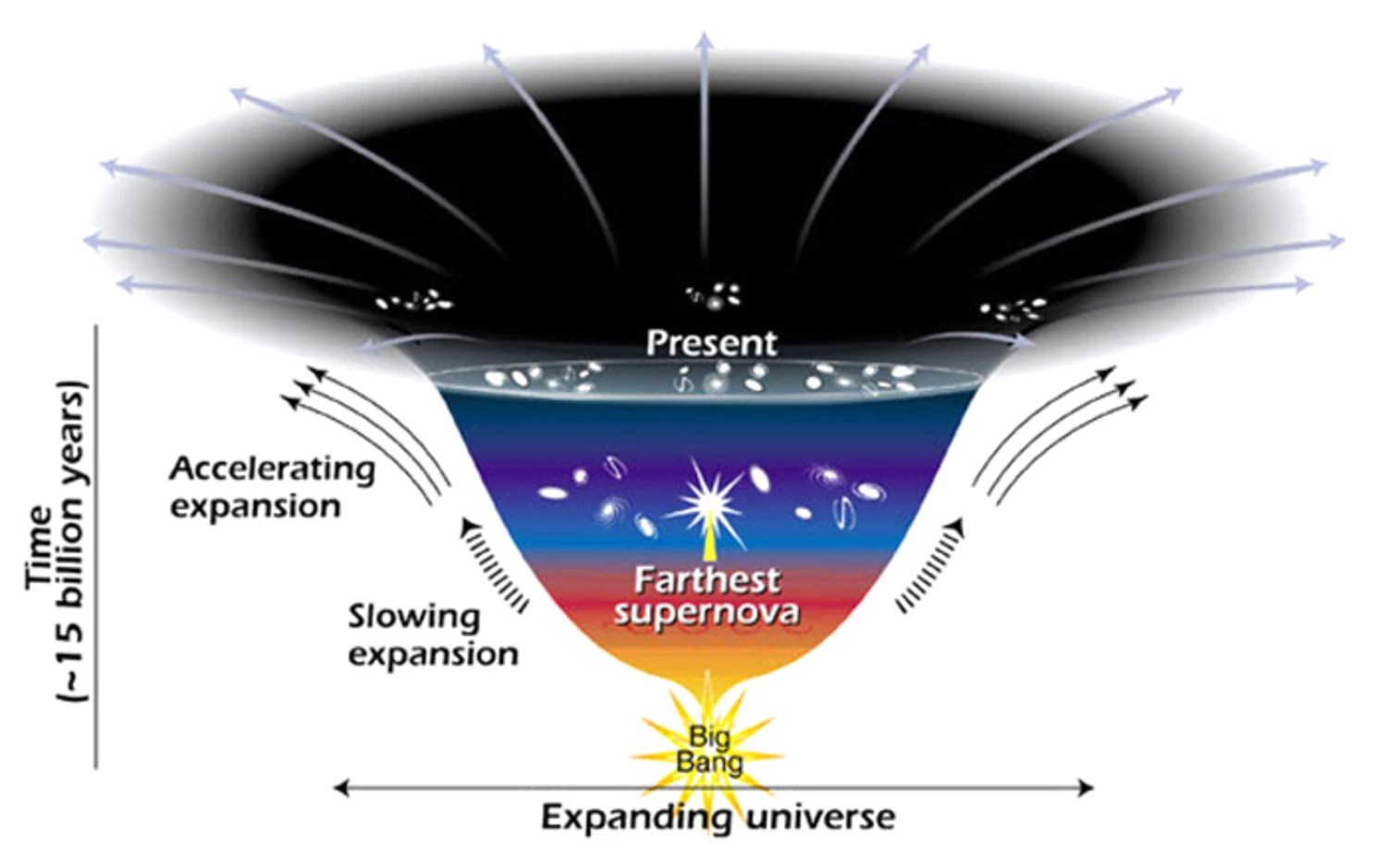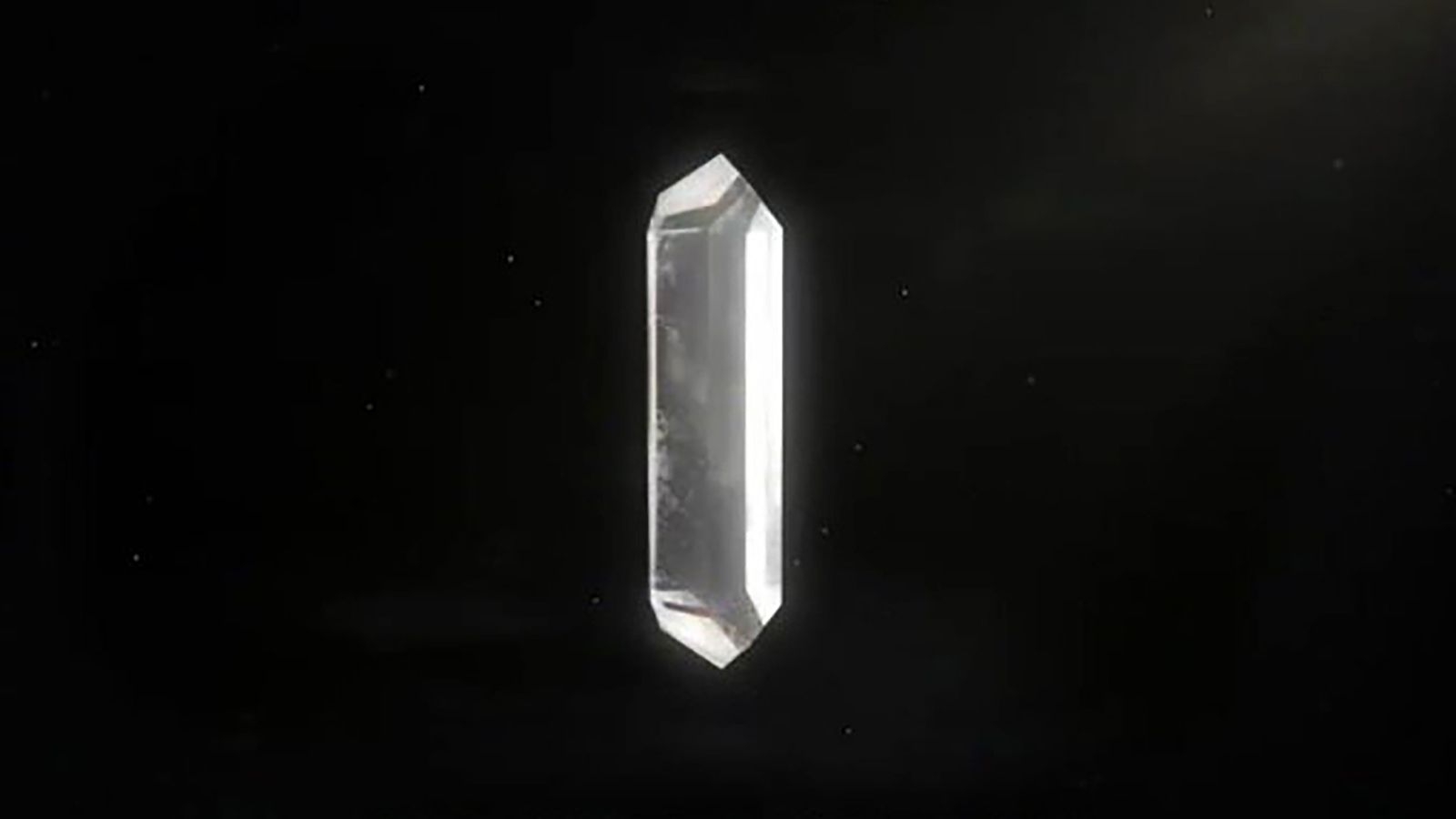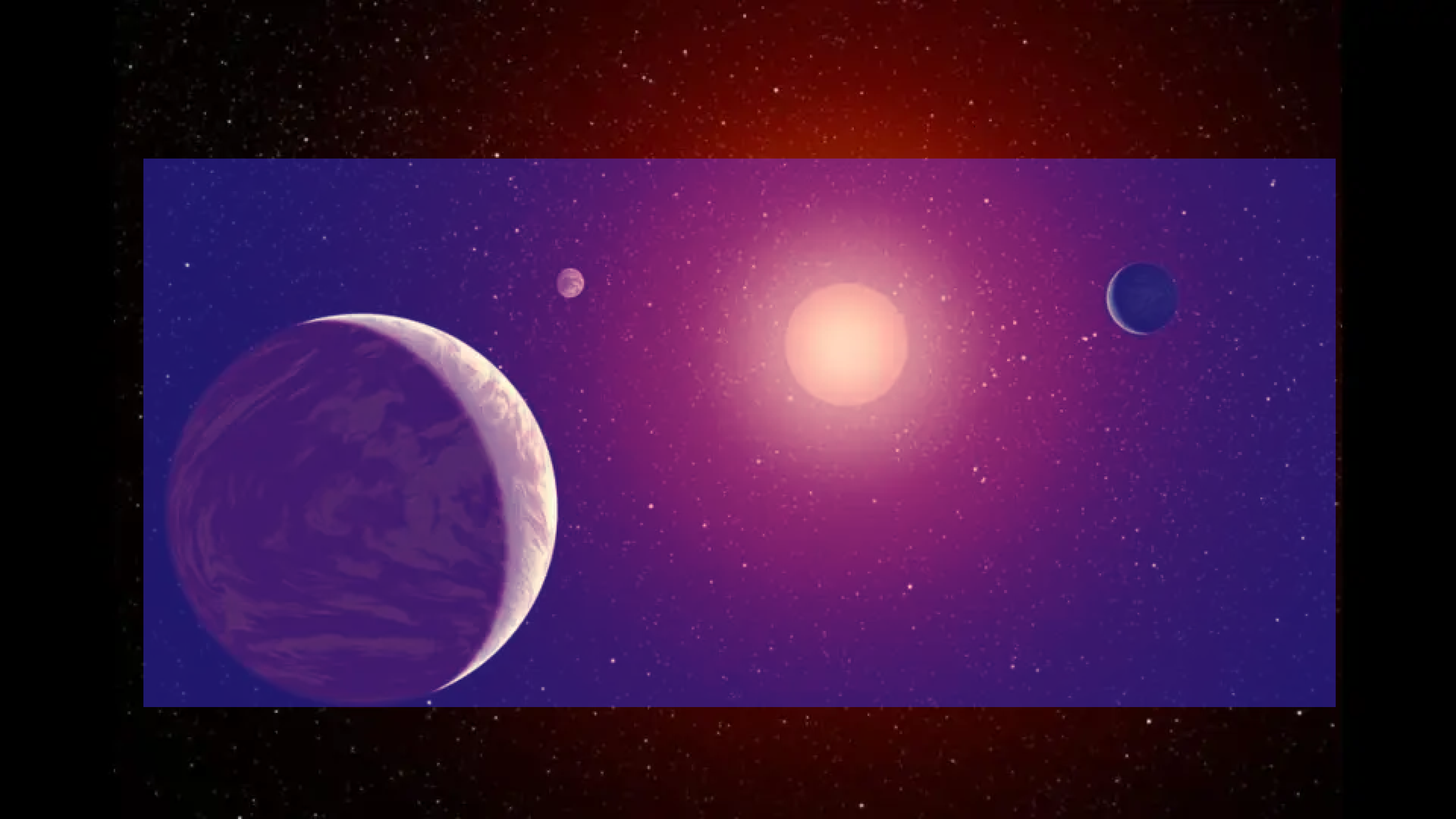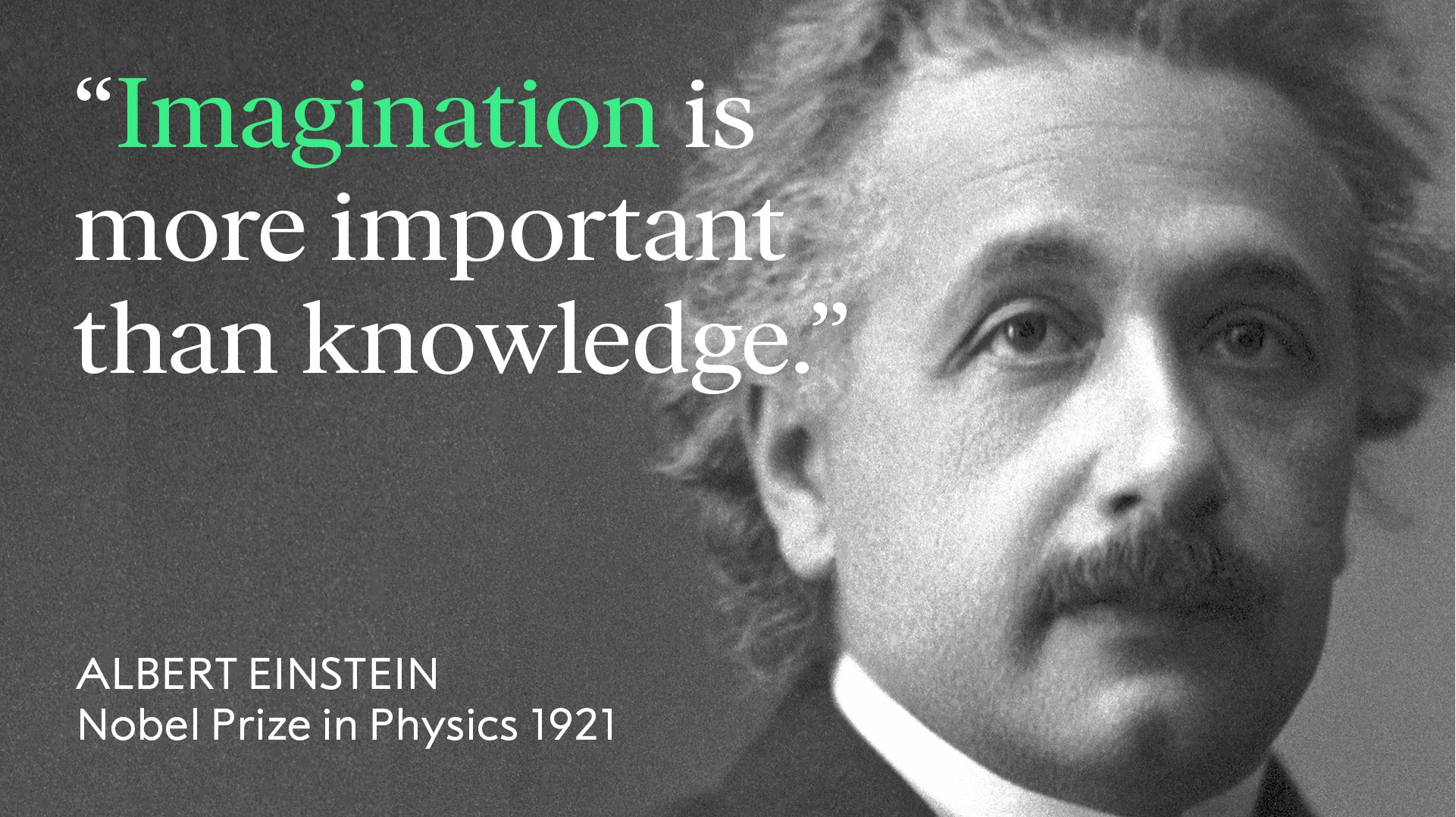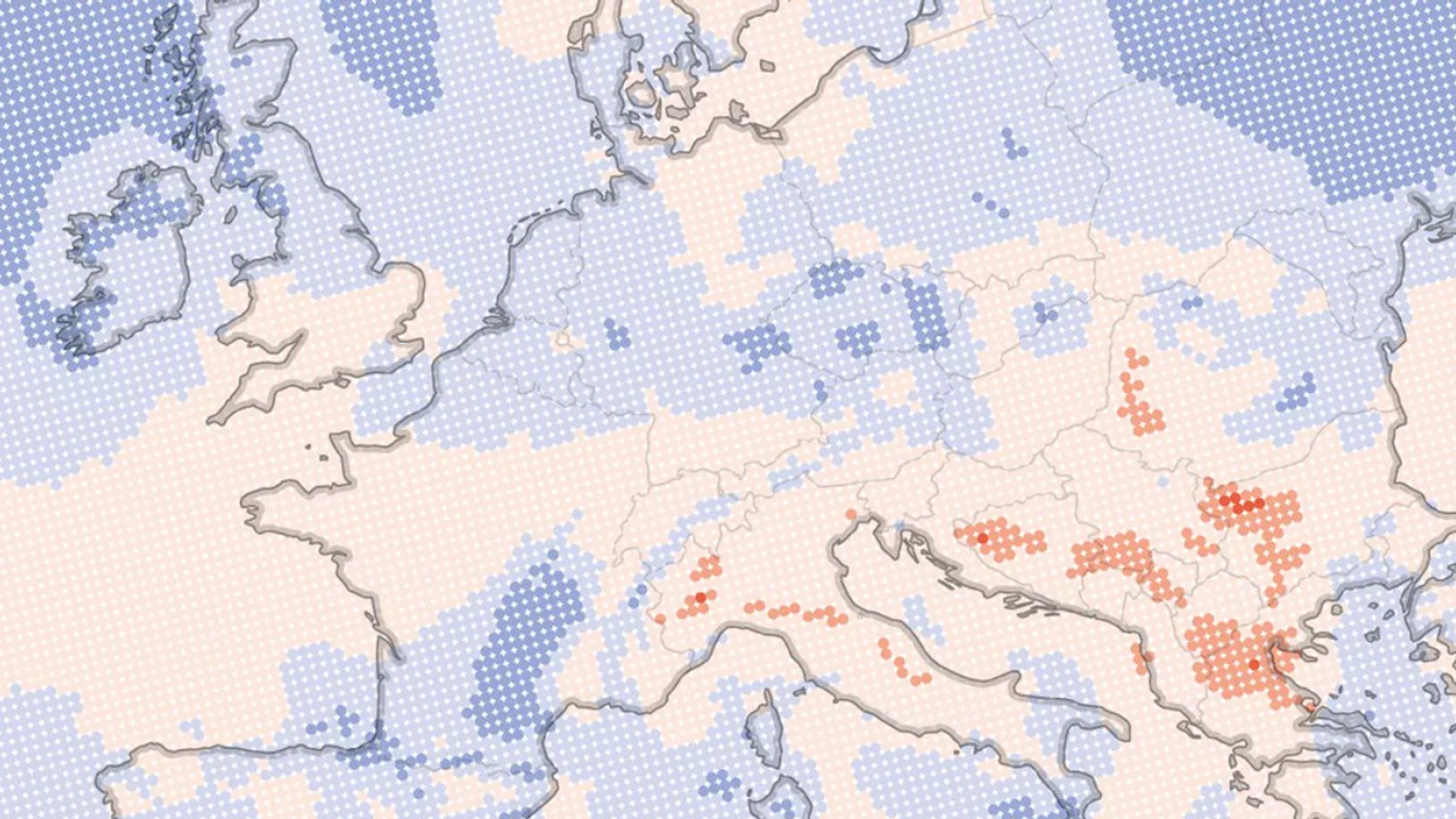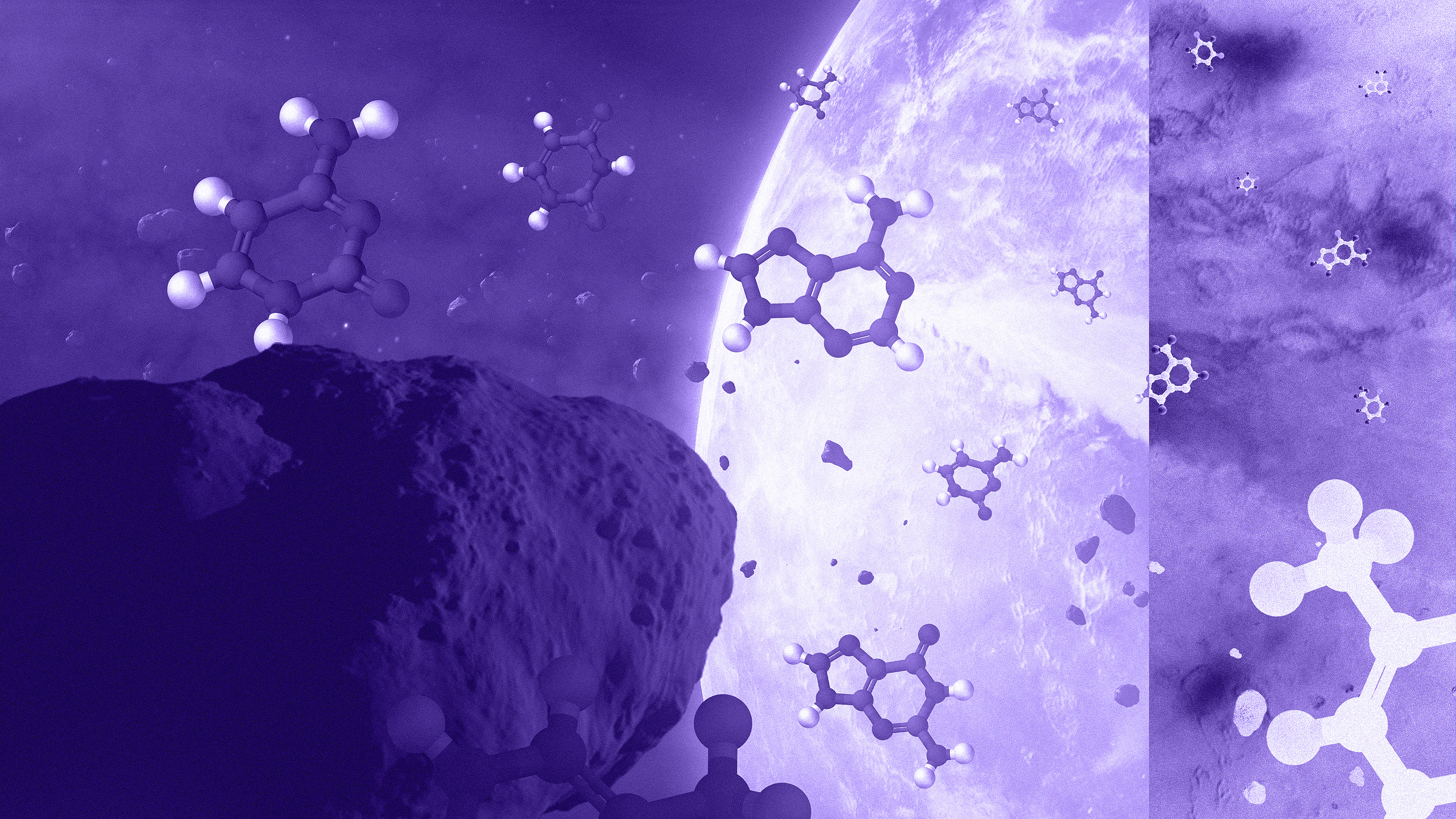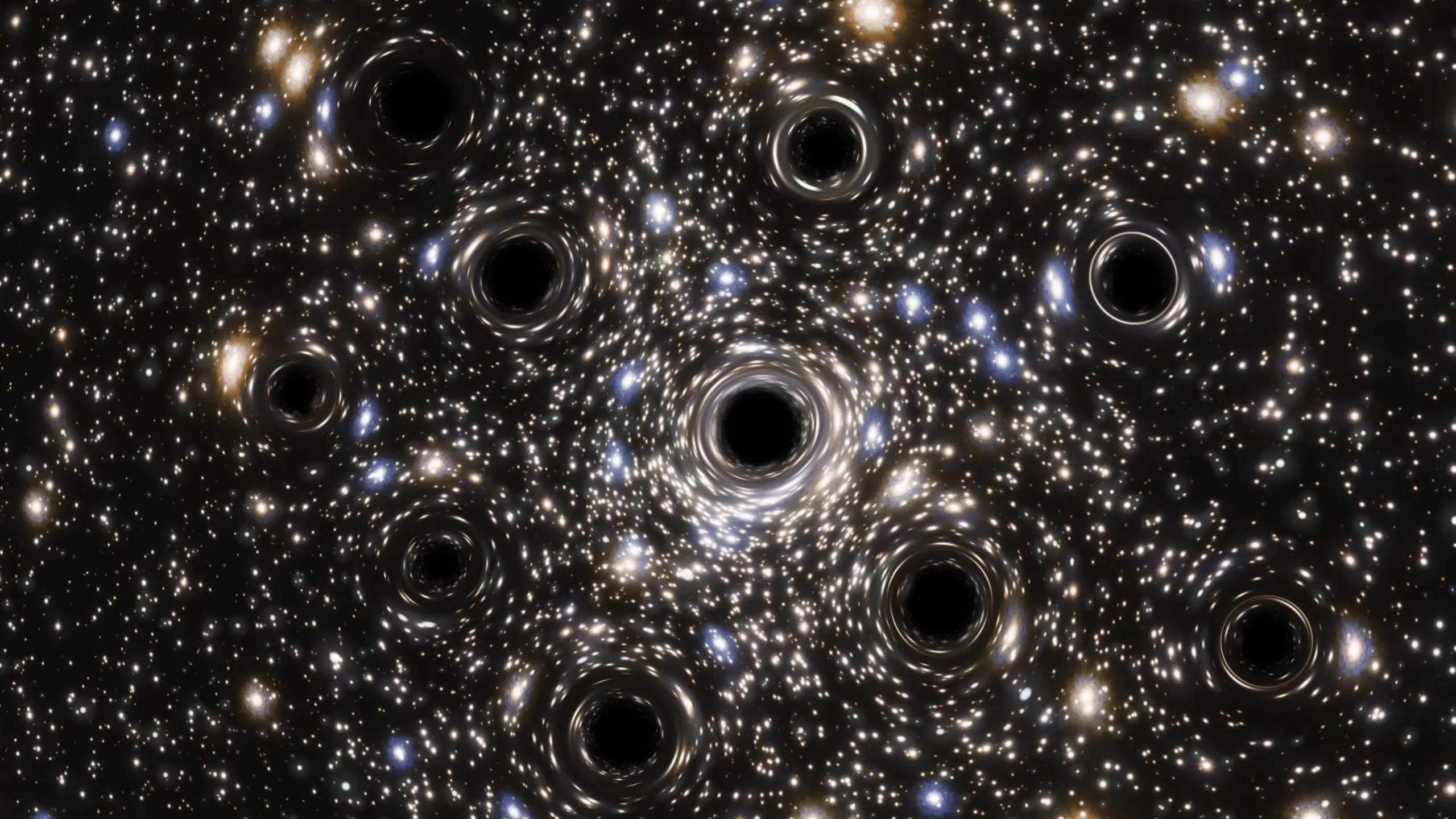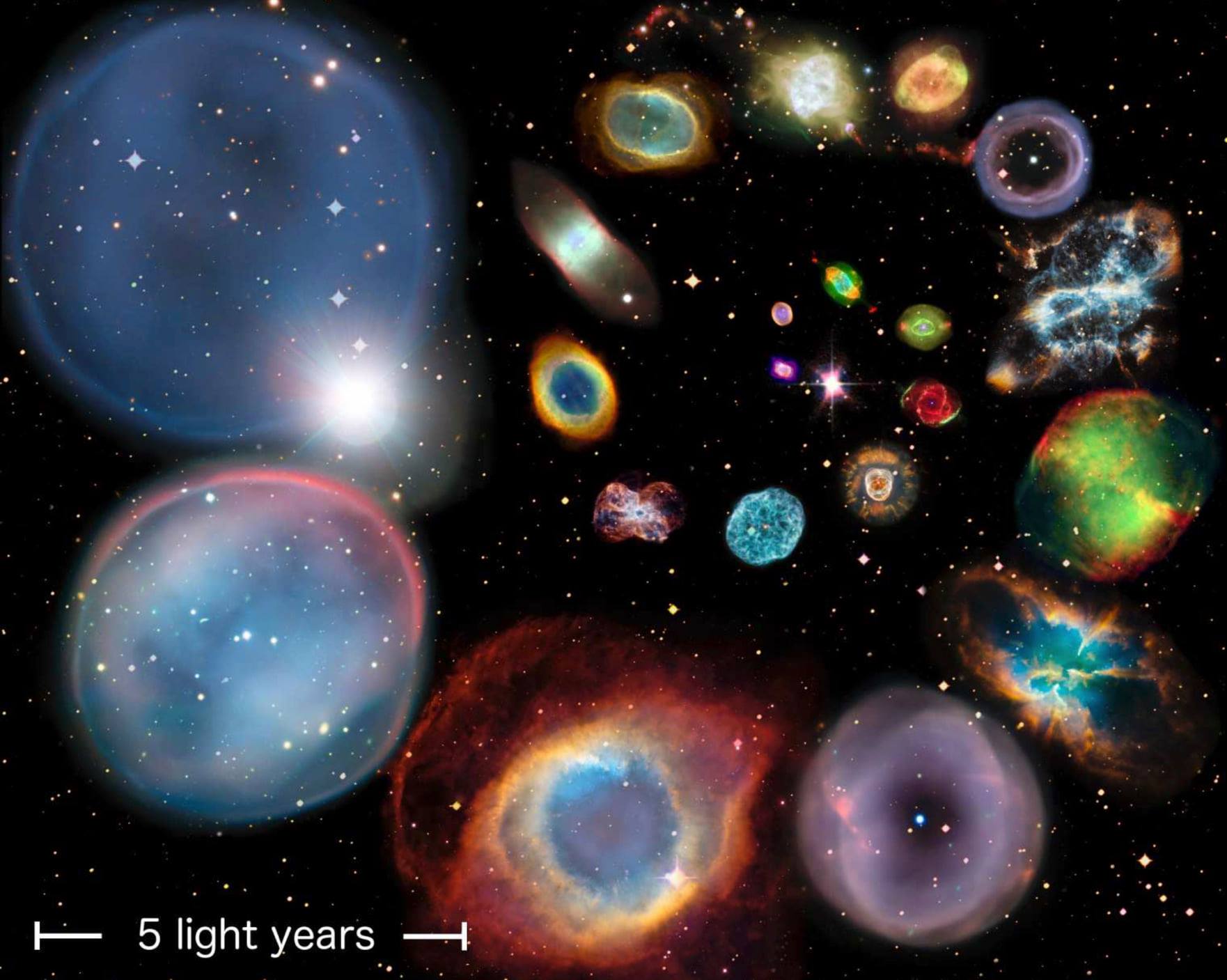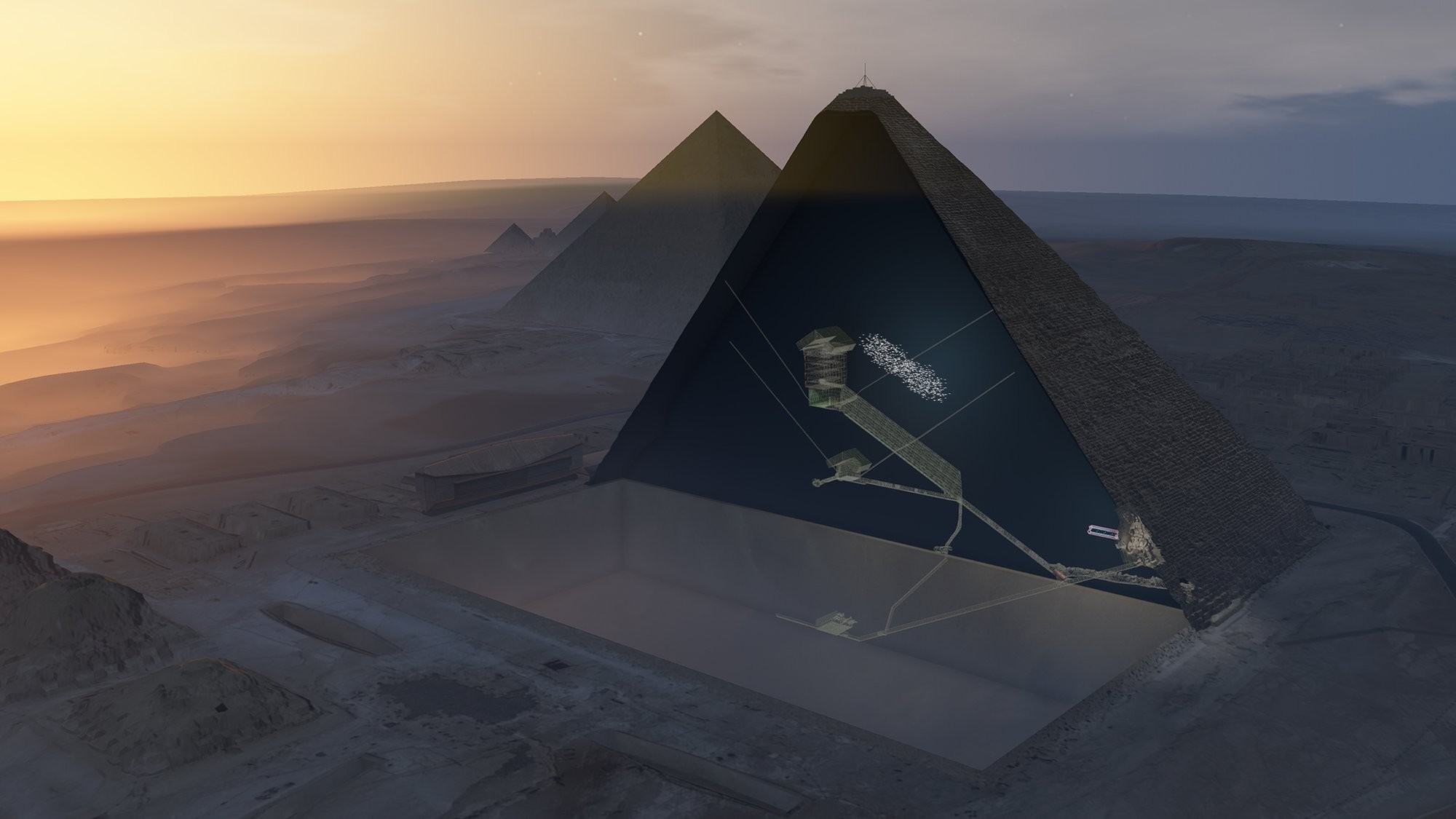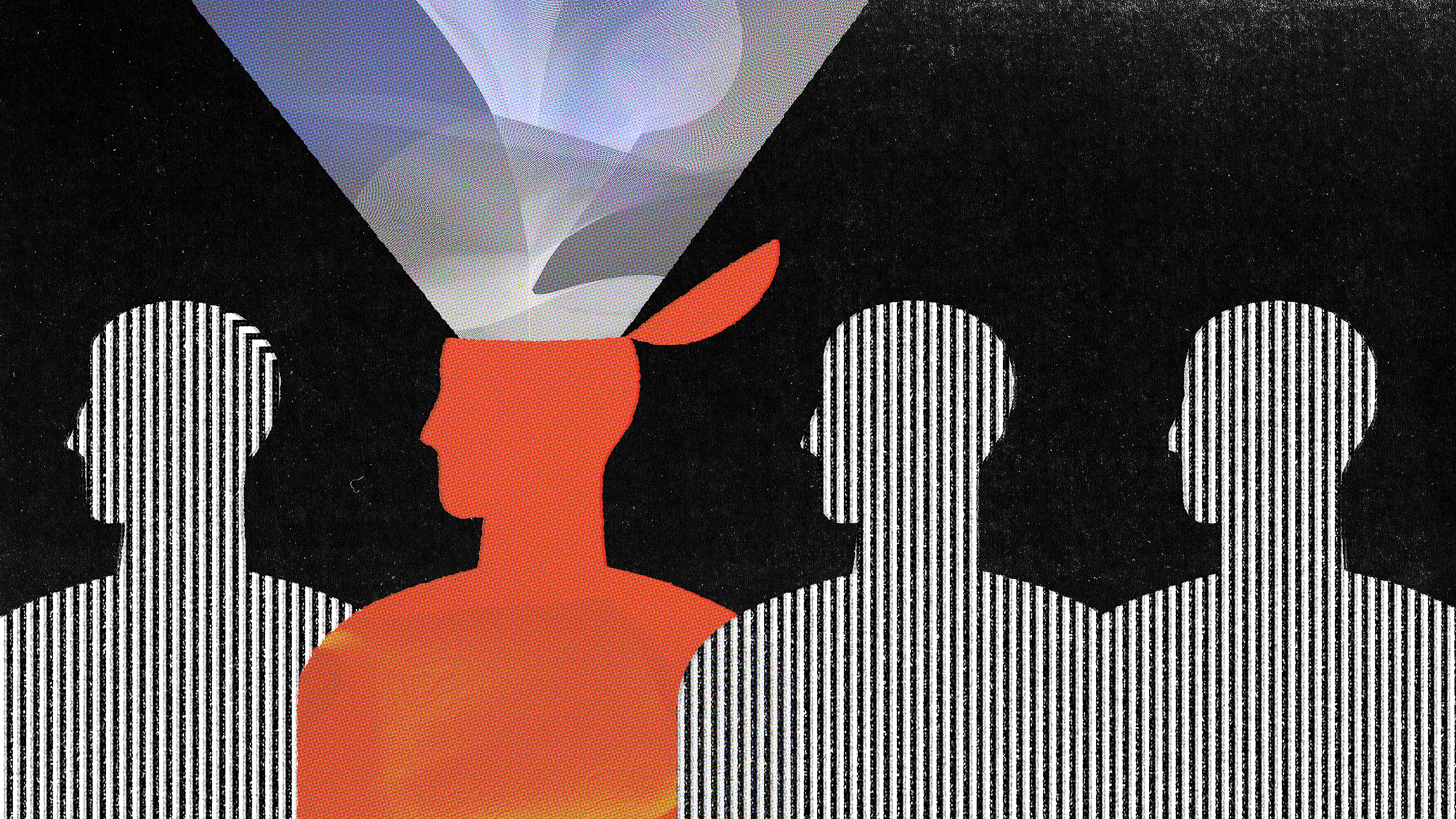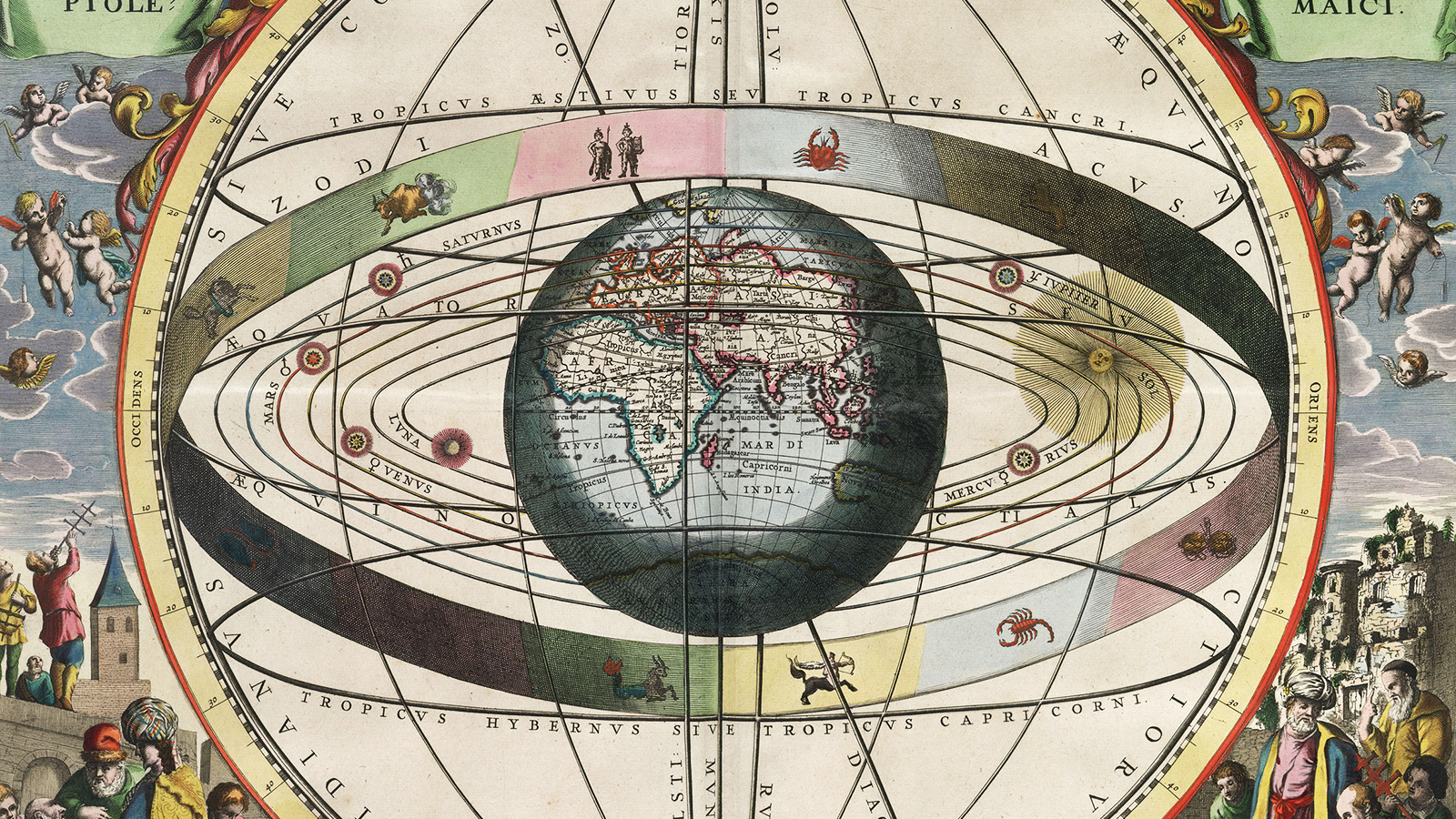The concept of ‘relativistic mass’ has been around almost as long as relativity has. But is it a reasonable way to make sense of things?
Search Results
You searched for: energy
An in-depth interview with astronomer Kelsey Johnson, whose new book, Into the Unknown, explores what remains unknown about the Universe.
Our greatest tool for exploring the world inside atoms and molecules, and specifically electron transitions, just won 2023’s Nobel Prize.
Realizing that matter and energy are quantized is important, but quantum particles aren’t the full story; quantum fields are needed, too.
On the largest cosmic scales, galaxies line up along filaments, with great clusters forming at their intersection. Here’s how it took shape.
Nobel Laureate Roger Penrose, famed for his work on black holes, claims we’ve seen evidence from a prior Universe. Only, we haven’t.
When Einstein gave General Relativity to the world, he included an extraneous cosmological constant. How did his ‘biggest blunder’ occur?
From quarks and gluons to giant galaxy clusters, everything that exists in our Universe is determined by what is (and isn’t) bound together.
For millennia, diamonds were the hardest known material, but they only rank at #7 on the current list. Can you guess which material is #1?
Neuroscientists think a cluster of cells in the brain that stimulate appetite could be a target for eating disorder therapies.
Newborn stars are surrounded only by a featureless disk. Debris disks persist for hundreds of millions of years. So when do planets form?
Yes, dark energy is real. Yes, distant galaxies recede faster and faster as time goes on. But the expansion rate isn’t accelerating at all.
It could one day fuel nuclear fusion reactors.
In nature, business, and life, survival doesn’t belong to the optimized — it belongs to those with a built-in buffer.
There are plenty of life-friendly stellar systems in the Universe today. But at some point in the far future, life’s final extinction will occur.
“Imagination is more important than knowledge” is often taken to mean that your conceptions outweigh what’s real. That’s not what he said.
You might think it’s impossible to run out of wind, but Europe’s “wind drought” proves otherwise. And it’s only going to get worse.
Frontier, the ORNL supercomputer, used machine learning to perform 9.95 quintillion calculations per second.
What the breakthrough methods of laboratory research can teach the business world about brainstorming.
In the spirit of the 1969 moon landing, we now have a golden opportunity to pursue “nondisruptive” creative solutions.
Every proton contains three quarks: two up and one down. But charm quarks, heavier than the proton itself, have been found inside. How?
Morning, afternoon, or night: When is the best time to exercise? Scientists have extensively studied this question. Here’s what they found.
Earth wasn’t created until more than 9 billion years after the Big Bang. In some lucky places, life could have arisen almost right away.
For the first time, astronomers have created a data-driven estimate for how many black holes are in our Universe: more than anyone expected.
In around 7 billion years, we expect the Sun to run out of fuel, dying in a planetary nebula/white dwarf combination. Is that for certain?
A non-invasive method for looking inside structures is solving mysteries about the ancient pyramid.
“Stargate” could be used to train the world’s most powerful AIs.
A cute mathematical trick can “rescale” the Universe so that it isn’t actually expanding. But can that “trick” survive all our cosmic tests?
To kickstart innovation follow the insider startup knowledge about charisma, “well-rounded square pegs,” and rock-solid teams.
Every time our Universe cools below a critical threshold, we fall out of equilibrium. That’s the best thing that ever happened to us.
